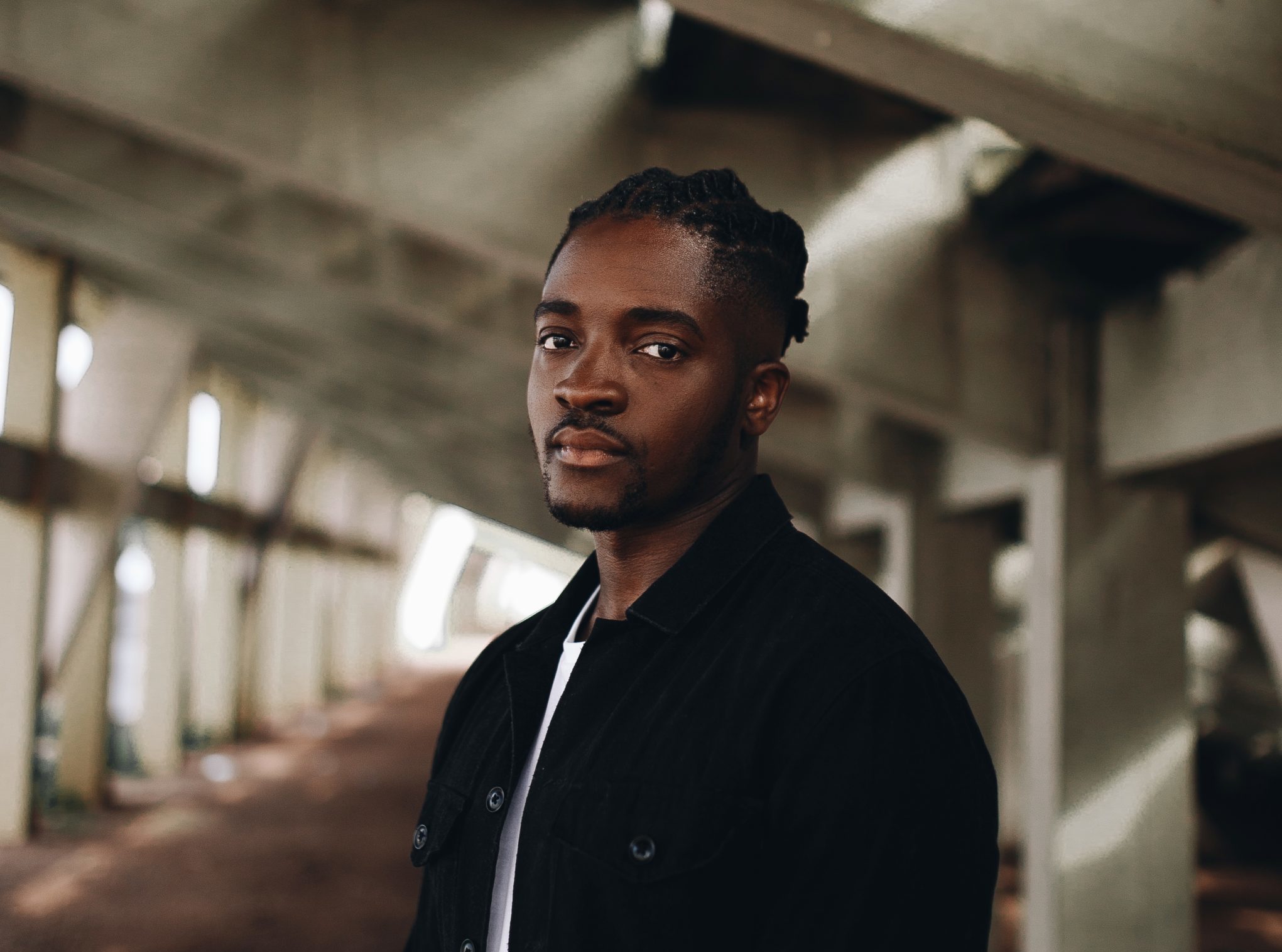
New Chapters is a weekly show on National Prison Radio, where writers present their books and talk about their work. This month we’re listening to Unspoken by author and rapper Guvna B.
The book deals with the themes of manhood, fatherhood, success and toxic masculinity.
National Prison Radio presenter Jerelle sat down with Guvna B recently to find out more.
Your dad features a lot in the book. What did he teach you about being a man?
We never had the kind of relationship where we would talk. But I never doubted that he loved me and wanted the best for me. Coming from Ghana and being a typical ‘man’s man’, he didn’t really communicate his feelings. He taught me to work hard. He used to say, ‘your hands are made for working’. That’s the main thing I took away.
Do you think it’s affected the way you bring up your son?
I think it definitely has. When my dad passed, I tried to have a stiff upper lip but it didn’t really work. I feel like my mind and body were telling me I needed to be vulnerable. Three months after he passed, I had a breakdown and cried. After that I realised, I’m never going to put pressure on my son to always have it together. I think when you feel vulnerable it’s important you let it out otherwise it can be dangerous for your mental health.
Can you explain what toxic masculinity is and the effect it had on you?
My definition of toxic masculinity is a set of ideas that society has conditioned us to believe. For example, men can only be strong and they can never cry. I was conditioned from a young age about what makes a man. I think growing up on a council estate has a part to play as well as being a first-generation Brit.
What does it mean to be a man in 2021?
I think in 2021 being a man means trying your best to embrace everything. I think we’ve just got to try our best to not supress emotions. If you wake up feeling good, embrace that. But if you wake up feeling like you can’t face the day, try and deal with that and don’t push it away. I always say, ‘we’ve got to look after the puddles before they turn into floods’. If you push stuff to the back of your mind, by the time you come to deal with it, it’s much harder.
Do you think there is extra pressure on young black men to live up to a certain image?
Yeah definitely. I think the pressure comes from different places for different people though. We’ve got to put our finger on where that pressure is coming from and ask ourselves questions.
Do you think there are enough male role models out there?
No, I don’t think there are. We need more role models that look like us and understand where we’re coming from and the things we’re struggling with. On the other hand, I think we need to redefine what success looks like. It’s obviously easy to say that when you’ve been successful or earned a bit of money, but the older I get I realise money and possessions don’t make you happy. Friends and family and the stuff in life that’s free is what I get most joy from. My version of success now is being the best friend, husband and dad I can be.
Are you still figuring out what sort of man you want to be?
I think I am, and I think I always will be. I used to view my manhood as a destination but I’ve realised life is about the journey. We’ve always got to be exploring how we can get better. The day you think you’ve made it and know everything, that’s the day you’ve lost.
New Chapters is produced in partnership with the National Literacy Trust with support from the Heathrow Community Trust.